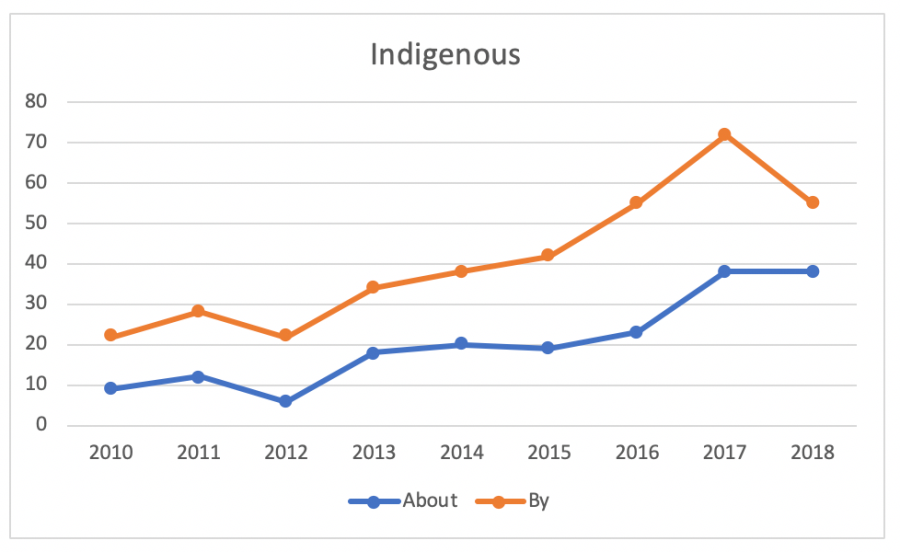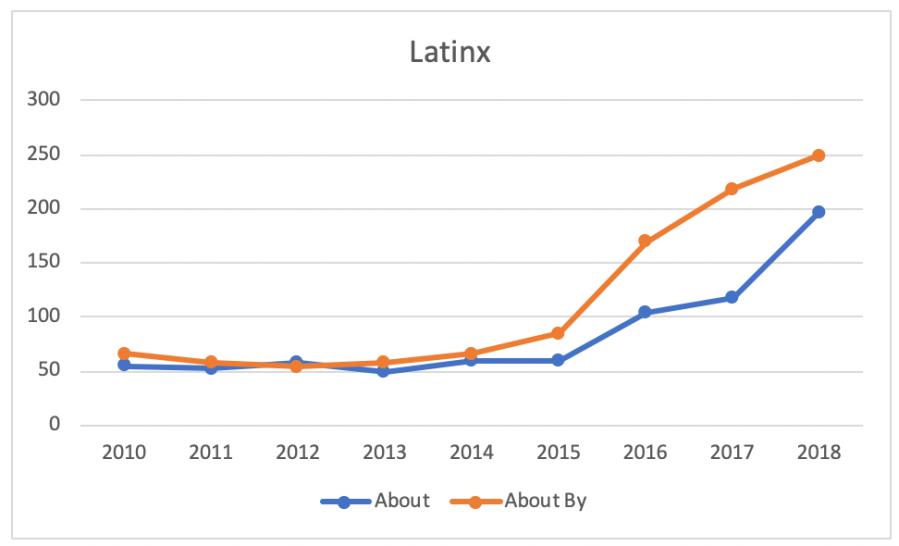This is going to be a review post, not just of 2019 but of the 2010s. If you’re on Twitter, please add your favorite IPOC YA book to the list
There are a lot of books to select from! If you can’t choose just one, then go for the Twitter limit.
Here’s a short list of IPOC authored books for teens and tweens that debuted in the 10s. I think it’s amazing to note that Renée Watson, Ellen Oh, Jason Reynolds, Kwame Alexander, Kekla Magoon, and Aisha Saeed all debuted in this decade.
From the time the Newbery Award began in 1922 through 2010, there were SEVEN IPOC winners. From 2010-2019, there were FOUR.
2015 The Crossover (HMH) by Kwame Alexander
2016 Last Stop on Market Street (Penguin/Random House) by Matt de la Pena
2018 Hello, Universe (Greenwillow)by Erin Entrada Kelly
2019 Merci Suarez Changes Gears (Candlewick) by Meg Medina
The Michael L. Printz Award began in 2000 with Monster (Harper Collins) by Walter Dean Myers as the first winner. In the award’s first 10 years, there were 4 IPOC winners. There were 2 from 2001-2019: March Book Three (Penguin/Random House) by John Lewis, Andrew Aydin, and Nate Powell and Poet X by (HarperCollins) Elizabeth Aceveda. Nina LaCour (We Are Okay, Penguin/Random House) was the first open lesbian winner in 2018.
For a good 100 years, there has been discussion, pushback and resistance to representations and imperialism in children’s books. I’ve got a timeline of just that past 50 years here https://docs.google.com/document/d/1PVuxIihW4_3gAab-CHT5W0RXH61F0HeD6ouy1yMFOac/edit. It seems change has come quicker in recent years. Debbie Reese’s American Indians in Children’s Literature blog maintains an important list of books that were in some way revised to minimize the racism they presented. https://americanindiansinchildrensliterature.blogspot.com/p/revisions-to.html
Back in 2014, BookCon announced an all white male panel and the resistance was palpable. Then, as now, social media provided an accessible platform to those who voiced opposition to this panel. Ellen Oh and several other authors organized an online campaign, #weneeddiversebooks, that was so successful that in 2015 they incorporated into an organization, We Need Diverse Books the still exists today.
Look at the numbers provided by the librarians at the Cooperative Children’s Book Center University of Wisconsin Madison to see how things have changed for Authors of Color and Indigenous Authors since 2015.

African American authored books rose from 4.59% of the sample received at the CCBC in 2010 to 6.82% in 2018.

Indigenous authored books rose from .65% of the sample received at the CCBC in 2010 to 1.51% in 2018.

Asian American authored books rose from 1.88% of the sample received at the CCBC in 2010 to 8.6% in 2018.

Latinx authored books rose from 1.94% of the sample received at the CCBC in 2010 to 6.82% in 2018.
Not much of a change when you look at it like that, is it? There seems to be more authors of color, many new ones having successful writing careers in some other field. These authors get contracted to write 2 or 3 books in as many years with little support from publishing companies to promote their books. Will these authors be able to develop ways to sustain their careers?
I can’t even address what’s going on inside publishing companies, key institutions for sustainable change in children’s books.
I’m also not addressing academia. I’m not looking at the number of IPOC scholars who are researching diverse literature, writing about IPOC authors so that their books can indeed become part of the canon. We know that teachers learn about books they cling to from their professors, but academic literature plays a crucial role in establishing what’s canon, what seems to be worth teaching. We don’t consider that very often. So, we can’t think that publishing exists in isolation. Especially if we consider how WNDB, bloggers and social activists have been able to mobile, strategize, persist and resist.
Here’s just a little of what’s happened here on this blog.
first post of the decade: Book Review: The Other Hand by Chris Cleave
most popular post: Sunday Morning Reads “Queer black boys need books…“
most popular books review: A Birthday Cake for George Washington
Some new undertakings for me were the list of BAMEBIPOC researchers of children’s literature. It’s still open for more names.
I created a Dark Fantastic Syllabus that coordinates with the book of the same name by Dr. Ebony Elizabeth Thomas.
I collated a resource that address inclusion, diversity, anti-racism and/or decolonization as it relates to children’s literature for educators.
And, what about the next decade? What lies ahead? Comments, please!



































Thank you so much for listing The Last Cherry Blossom as one of your favorite IPOC YA of 2010’s with these talented authors and their amazing books! Wishing you a joyous holiday season and a happy, peaceful 2020 ❤
LikeLike